The 16 best books To read in 2023 from 2022
While 2021 was a banner year in book publishing, 2022 had its own remarkable moments. Travel book sales started bouncing back as people made vacation plans again, romance reached a height not seen since 2014, and the young adult category sustained last year’s momentum, still up 50% from 2019, according to NPD BookScan.
This was a year that saw books by Colleen Hoover, a former social worker from Texas, outsell the Bible—and creators on TikTok make #BookTok one of the app’s most popular hashtags with 77 billion views to date. It was also a year that saw a HarperCollins strike and a failed publishing merger, ending in the Penguin Random House CEO’s resignation. All the while, independent bookstores are still opening across the country and becoming more diverse.
With holidays approaching and (hopefully) more reading time on the horizon, there’s perhaps no better time to sink into some interesting reads and support local bookstores. With every purchase at Bookshop.org, readers can support a specific shop—or make a general purchase and profits will benefit local bookstores across the country. Want some ideas on what to pick up?
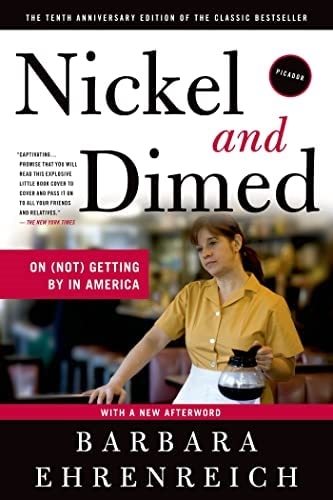
Nickel and Dimed: On (Not) Getting By in America, Barbara Ehrenreich
When Barbara Ehrenreich died in September, I decided to reread her 2001 classic, Nickel and Dimed. Two decades on, it has only grown in resonance, a first-person odyssey of navigating life in America at minimum wage and a powerful rebuttal of the concept of “unskilled labor.”
—Jay Woodruff, senior editor
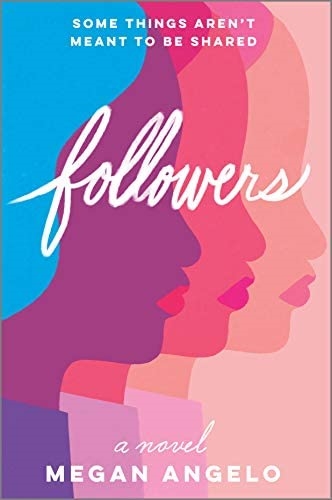
Followers, Megan Angelo
This was among a few dystopian books I read this year, including The End of Men by Christina Sweeney-Baird and The Candy House by Jennifer Egan, both of which were great. Followers takes place in a very familiar 2016 New York City where Orla, a writer for a women’s gossip website, teams up with her morally dubious roommate to manufacture their own fame. The timeline jumps forward 35 years to an imagined world where the internet is embedded in everyone’s brain, and reality TV and social media have taken an even darker turn.
—Kathleen Davis, deputy editor
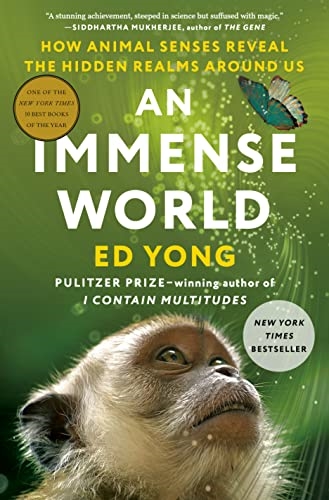
An Immense World: How Animal Senses Reveal the Hidden Realms Around Us, Ed Yong
The world that we experience as humans is nothing like that of other animals: Bees see patterns in flowers that we can’t, seabirds can smell underwater mountains while flying, and dolphins can use echolocation to sense the shape of your skeleton when you’re swimming in the ocean. This fascinating book explores differences in perception and is a great gift for anyone interested in nature.
—Adele Peters, staff writer
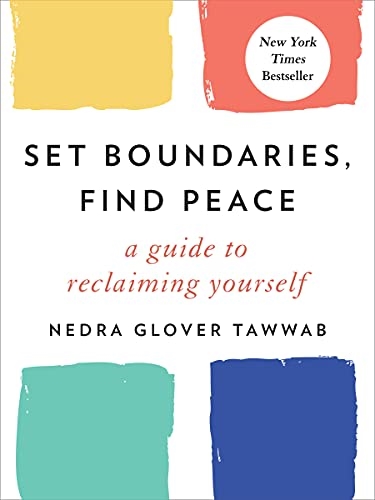
Set Boundaries, Find Peace: A Guide to Reclaiming Yourself, Nedra Glover Tawwab
A few months ago, someone recommended that I pick up this book because I had reached a point where I was beyond frustrated with my relationship with my peers, and I couldn’t figure out what the issue was. This book helped me understand that my frustration was coming from my failed attempts to set up healthy boundaries with others, and it taught me how to say no and prioritize my needs in a wholesome way, especially at work. I believe everyone should read this book.
—Sabine Cherenfant, newsletter specialist
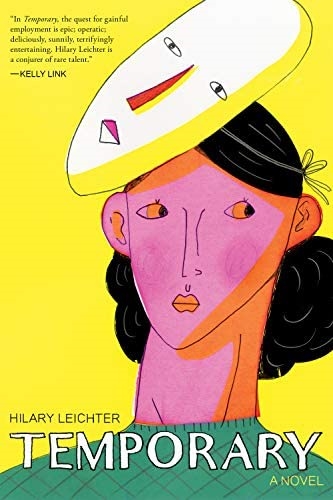
Temporary, Hilary Leichter
This book has been sitting on my shelf for a while now and I was looking for something fun but quick to read. The novel follows a temporary worker who takes on absurd odd jobs—murderer’s assistant, door opener, shoe cleaner, pirate, etc.—in a quest to find permanence. It’s a quirky and funny novel set in an alternate reality in which temporary workers are a subclass of people with their own mythology. This book also does a good job of critiquing the gig economy and work culture. If you have ever worked as a temp, this novel might hit close to home, but it still provides a good dose of escapism.
—Yannise Jean, assistant editor
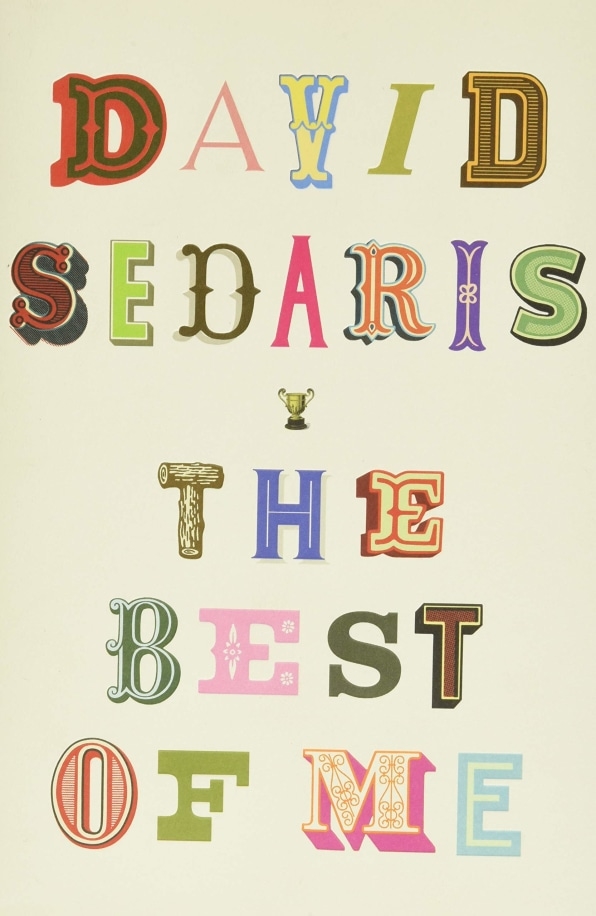
The Best of Me, David Sedaris
I’d always wanted to read something by David Sedaris, so this collection of 46 essays seemed like the perfect place to start. These essays span his life and career, covering everything from playing tennis as a child to drowning a mouse at his house in Normandy as an adult. Each is infused with his signature dry wit. It’s the perfect book to read for an essay or two, put down, and pick back up later to be amused all over again.
—Sarah Lynch, editorial fellow
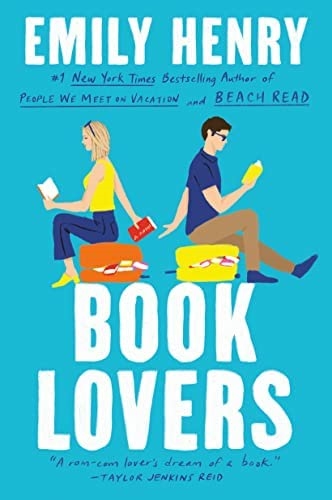
Book Lovers, Emily Henry
Sometimes you need a book that will kick-start your desire to read again, and Book Lovers by Emily Henry is the perfect fuel. I picked it up for a long weekend in the Rockaways over the summer since I liked Henry’s prior books, and I couldn’t put it down. The book follows two rival literary executives who end up in the same small town, but it’s much more than an “enemies to lovers” trope. (Even my favorite BookTok creator, @zoes_reads, gave it her stamp of approval!)
—Jessica Bursztynsky, staff writer
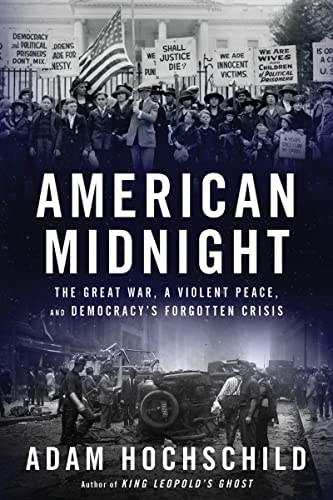
American Midnight: The Great War, a Violent Peace, and Democracy’s Forgotten Crisis, Adam Hochschild
If you often worry about the political polarization of the 2020s, you should pick up historian Adam Hochschild’s clear-eyed and elegantly written new book covering the years surrounding World War I. This period of U.S. history is often glanced over and yet, as Hochschild observes, it was a time with more than a few echoes of the current moment. Progressive advances for women, Blacks, immigrants, and labor, however tentative, were met with sharp—often bloody—revanchism from those who found change to be threatening. Runaway inflation, economic inequality, press censorship, a worldwide pandemic—it’s all present. So, too, is the idea that our precious civil liberties were suddenly, shockingly, up for grabs, as the government adopted mass incarceration and deportation as policy. While the book offers hope, it also poses a warning for readers. After all, a less-polarized U.S. nevertheless erected Jim Crow, turned its back on Jewish refugees from Europe, and dove headlong into the Great Depression. In every era, it seems, strongly held ideals about work and life require a robust defense.
—Mike Hofman, executive editor and head of digital
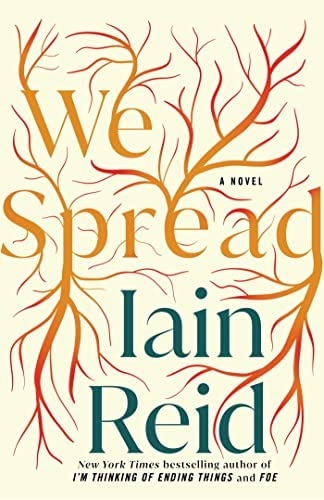
We Spread, Iain Reid
When I am reading outside of work, I want something that basically consumes me so much that I don’t have the urge to check my phone. I became a huge Iain Reid fan after reading his first book, I’m Thinking of Ending Things, which was adapted into a Netflix movie directed by Charlie Kaufman. Like his other books, this is a taut literary horror-thriller. This one takes place in a nursing home. I read it in one sitting because of the pacing and suspense.
—Yasmin Gagne, associate editor
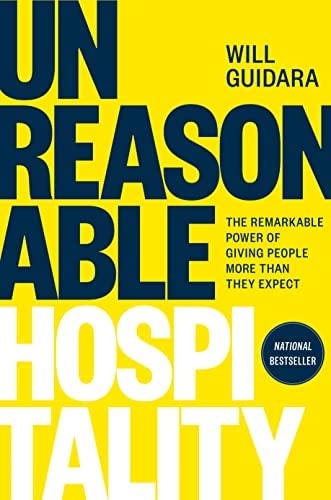
Unreasonable Hospitality: The Remarkable Power of Giving People More Than They Expect, Will Guidara
Will Guidara may appear to be one of the world’s best restaurateurs—and he is—but he’s also a world-class storyteller. In Unreasonable Hospitality, Guidara tells his compelling story of a life in the restaurant business and the lessons he’s learned, but he also tells a tale of transforming Eleven Madison Park from a good, if undistinguished, New York brasserie into the world’s top restaurant. Within these larger narrative arcs, Guidara thrills readers with how he and his colleagues did it, turning over every element of the business—no matter how traditionally overlooked, from the host stand to the beers on the menu—and creating an opportunity to delight customers and produce moments that would be stories for them that’ll last a lifetime. The dining world milieu is a fun setting to absorb Guidara’s great advice about building, leading, and empowering a team toward an audacious goal, and when he reveals the unreasonable lengths he and his team of dream weavers took to blow diners’ minds, you’ll no doubt be inspired to do the same for your customers and even the people in your life.
—David Lidsky, deputy editor
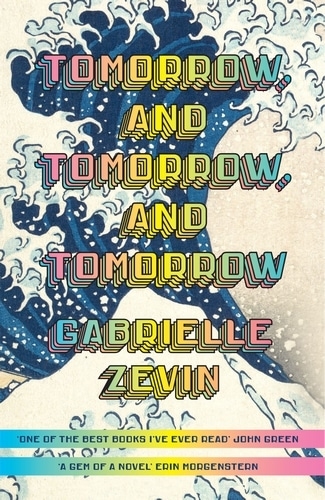
Tomorrow, and Tomorrow, and Tomorrow, Gabrielle Zevin
This book is set in the world of video games and their creators, but don’t let that deter you if you’re not a gamer (ahem, me). It’s a beautiful book about art, friendship, grief, and trying to navigate growing up and evolving while not losing the people who are most important to you. It’s truly an electric, captivating world to immerse yourself in. I found myself genuinely missing the characters once I’d finished.
—Aimee Rawlins, senior editor
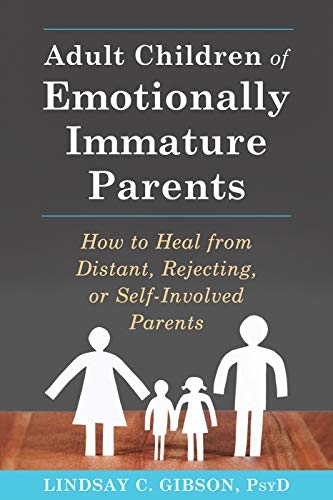
Adult Children of Emotionally Immature Parents: How to Heal From Distant, Rejecting, or Self-Involved Parents, Lindsay C. Gibson
Merriam-Webster’s Word of the Year is gaslighting, a term that has risen in popularity alongside psychological concepts like trauma and mental health. This is indicative of an interest by multigenerational adults to explore the nuances of their personalities that may be rooted in childhood trauma. Psychologist Lindsay C. Gibson’s 2015 book looks at the many ways that dysfunctional parenting can adversely impact a child’s self-esteem and lead to negative behaviors in adulthood. I found this book illustrative and affirming, introducing the pervasive personality types common among the worst offenders of immature parenting as well as the tools necessary for their children to take ownership of their lives and heal.
—Tania Rahman, social media director

Uncanny Valley: A Memoir, by Anna Wiener
This workplace memoir chronicles the author’s career change from New York publishing to the San Francisco tech industry at the height of the 2010s boom. It focuses largely on the unease of her professional transition, her conflicted feelings about the burgeoning surveillance technology to which she became a firsthand witness, and her sometimes awkward interactions with the tech bros and Kool-Aid drinkers who populated her new world. I wanted to read this book as someone who has long been ambivalent toward Silicon Valley, but also as someone who knows what it’s like to feel like a fish out of water at work. The book didn’t hit me like lightning. Although it’s impeccably paced and at times hilarious, its true emotional heft simmers deeper under the surface, doled out in bits and pieces by Wiener’s searing descriptions of her alien environment. What emerges is an almost fatalistic picture of a society in flux and rapid change without direction. It wasn’t until I let this book sit for a while that I realized how much time I’d spent ruminating on the sense of disquiet it leaves you with.
—Christopher Zara, senior editor
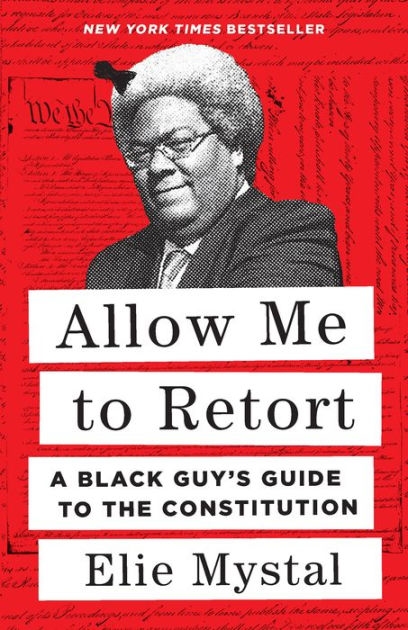
Allow Me to Retort: A Black Guy’s Guide to the Constitution, Elie Mystal
I heard Elie Mystal interviewed on a podcast I love, and I was surprised at how much he made me laugh despite the seriousness of the subject, so I took the plunge and bought the book. I’m glad I did, because it was a timely reminder that our nation’s founding document was and still is full of dubious compromises aimed at appeasing slaveholders. Throughout the book, Mystal breaks down the Constitution point by point, and offers suggested changes that would make the document more equitable.
—Brian Corneliess, video producer
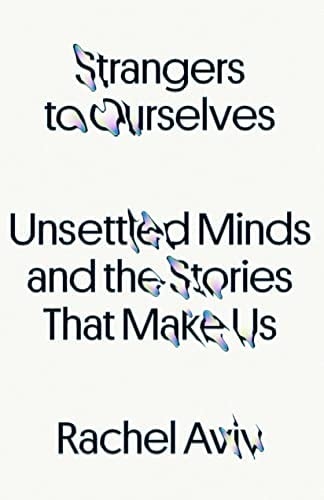
Strangers to Ourselves: Unsettled Minds and the Stories That Make Us, Rachel Aviv
This series of exquisite, compassionate profiles examines people suffering profound psychological distress and how they understand their own minds. Rachel Aviv’s work at The New Yorker often uses these edge cases to explore broader ideas about humanity, but in this book she weaves several narratives together to make a specific point about how diagnosis interacts with people’s self-conception of their own mental state. It will reshape how you view the entire concept of “mental health.”
—Morgan Clendaniel, deputy digital editor
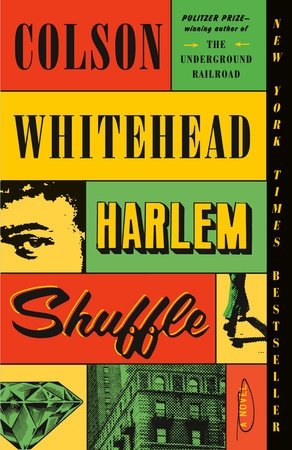
Harlem Shuffle, Colson Whitehead
Set in 1960s Harlem, this book explores themes of crime, capitalism, and race while providing the cheekily precise prose, captivating adventure, and thoughtful cultural criticism Colson Whitehead has become known for.
—AJ Hess, staff editor
(29)



